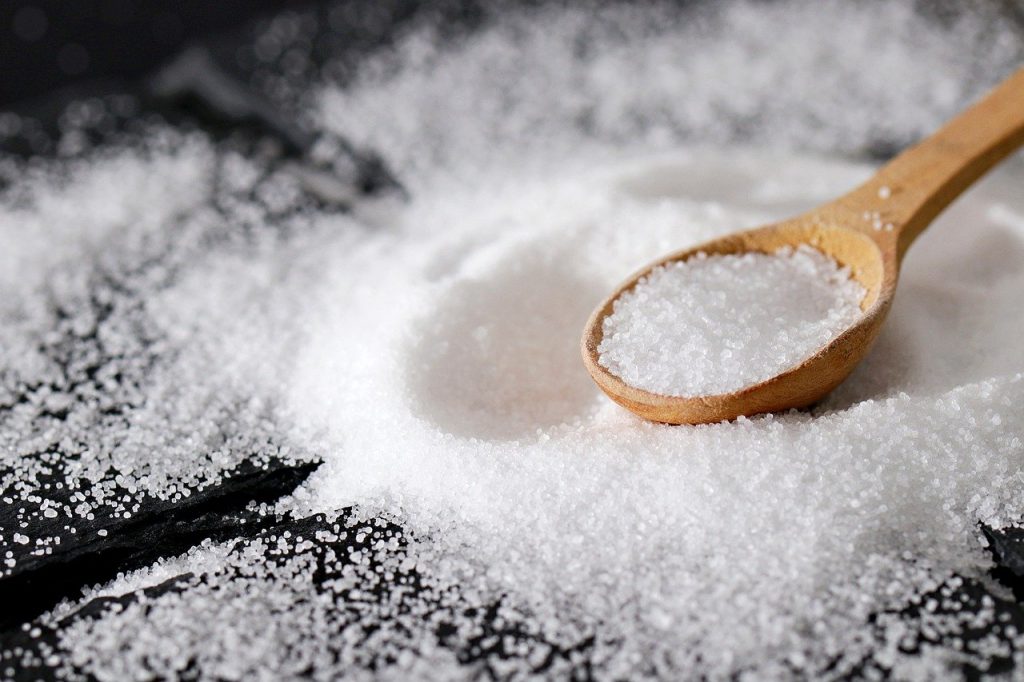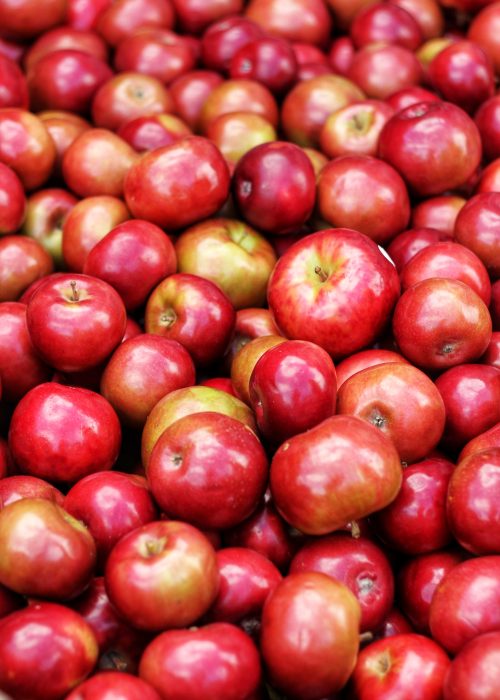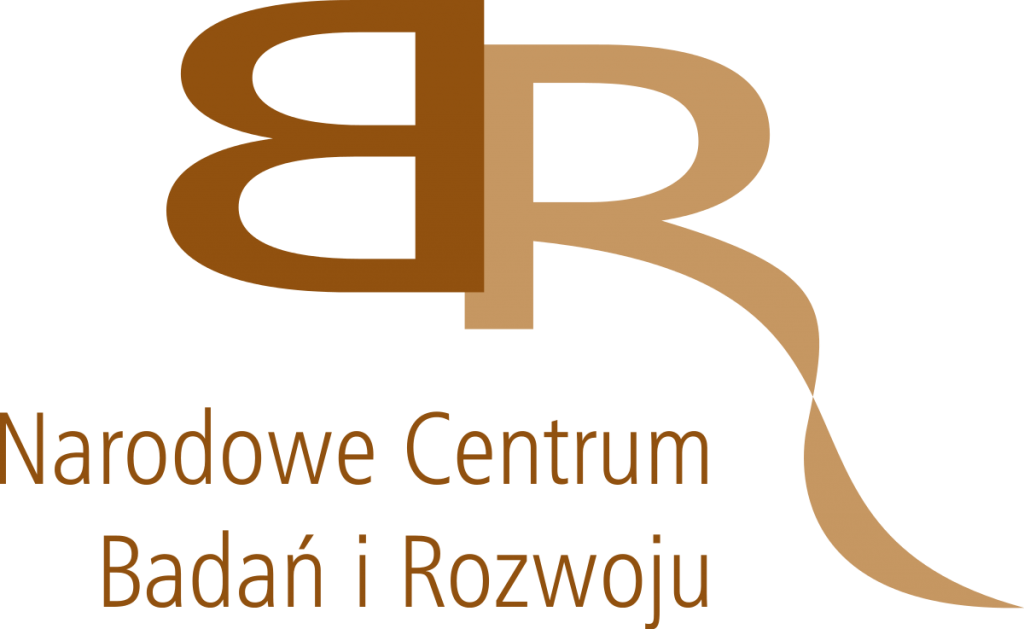Project information page
An approach for sustainable transformation of food processing wastes towards bio-polyols as a new chemical platform

The project aims to develop a completely innovative and environmentally friendly solution enabling the production of sugar alcohols using waste products generated by the food industry..
The project realization is possible thanks to the financial support of the National Centre for Research and Development (NCBR) within LIDER Program (Edition XI)
Introduction

Polyols (Sugar alcohols)
Polyols (Sugar alcohols) are the common name for polyhydroxy alcohols, i.e. compounds that contain one hydroxyl group at each carbon atom. Polyhydroxy alcohols are widely used in the food industry, including: production of candies, frozen desserts, syrups and cookies. They are popular and often used by food producers because of: sweet taste, low caloric value and much lower glycemic index. Sugar alcohols are used as semi-finished products in the pharmaceutical industry, for the production of personal hygiene products and cosmetics. Sorbitol as the most popular among sugar alcohols is also a raw material for the production of synthetic vitamin C.
Sugar alcohols are chemically stable compounds that, apart from direct use, can constitute a promising group of platform compounds, obtaining precursors of oxygen polymers, polyesters and hydrocarbons.
Organic wastes
In the European Union, a huge amount of waste organic matter is generated every year – largely in the form of technological waste. Moreover, in the era of fashion for a healthy lifestyle, there is a constant increase in the consumption of vegetables, fruit and cereals. For those products generated wastes can constitute up to several dozen percent of the total weight of the raw material. Poland, as one of the leaders in food production in the EU, is a huge market for food products, which also entails the problem of annual disposal of thousands of tons of organic post-production waste.
However, it is worth noting, that this type of raw materials is characterized by a high moisture content (in some cases up to 80-90% by weight), which means that they can quickly undergo biochemical processes (rotting), limiting their potential use. This type of waste often contains valuable ingredients, such as saccharides and antioxidants. The polysaccharides (cellulose, hemicellulose), as well as the sometimes present reducing sugars, can be recognised as a valuable source of bioproducts and biofuels useful for society and which the current market is highly looking for. Therefore, the development of new technological solutions in this area is now very intensively sought.
The project responds to these needs and fits very well into the latest trends in the management of industrial waste and the acquisition of new, value-added commercial bioproducts.




